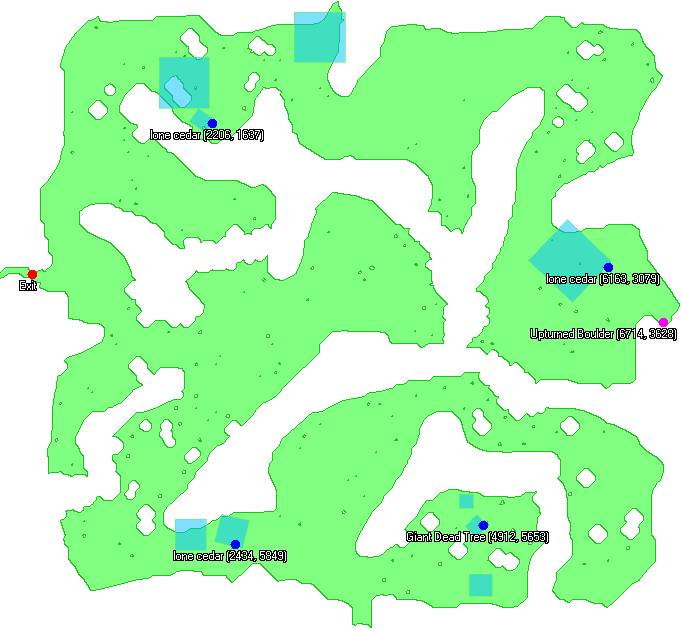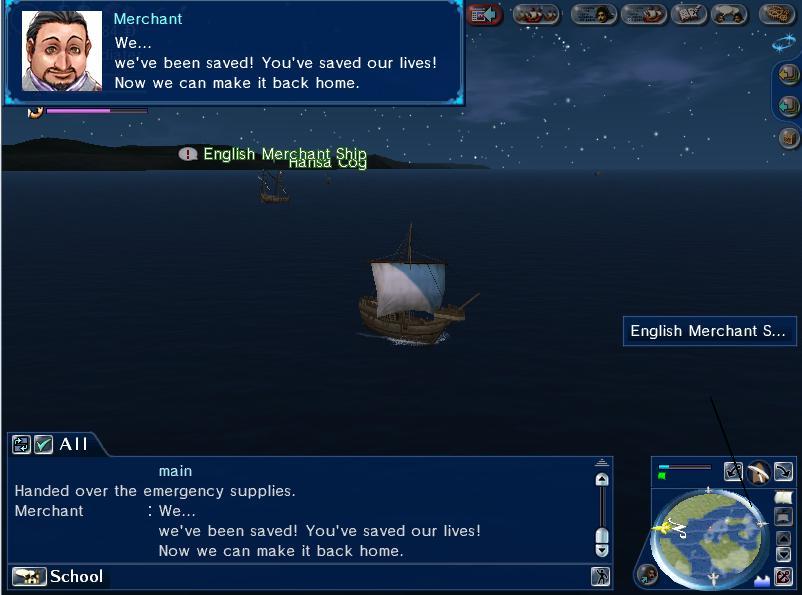
My thesis-on which agreement may be less general-is this: the way to solve this problem is not to look for better forecasts by perfecting techniques or hiring more or better forecasters. On this point, there is probably a large consensus. Most managers know from experience how inaccurate forecasts can be. McNees and John Ries, “The Track Record of Macroeconomic Forecasts,” New England Economic Review, November–December 1983, p.

Yet note how far outside the forecast demand range reality proved to be in 1984.ġStephen K. This company allocates more resources to analyzing the future environment than do most companies and is well respected for its professionalism. Here is one major oil company’s forecast of oil demand, made as late as 1978. The oil industry-which before 1973 enjoyed the steadiest growth of all major industries-is still living with its failure to anticipate the turbulent changes that have occurred since then. Many business cases illustrate a similar phenomenon. After all, in economics as in meteorology, it’s the ability to predict stormy change that makes forecasting useful.” As journalist Warren Brookes commented, “This is like forecasting partly cloudy and getting a ten-inch snowstorm instead. Instead, the economy plunged into a deep recession, with a GNP decline of 1.8 %. In the summer of 1981, the median one-year-ahead forecast of five prominent forecasters had predicted 2.1 % growth in U.S. “Forecasts made in 1981 and early 1982 underestimated the severity of the 1982 recession and the deceleration of inflation that accompanied it.” 1 “Forecasts made during the 1980 recession underestimated the strength of the early recovery.” “Forecasts made from mid-1977 through early 1978 did not capture the acceleration of the inflation rate in 19.” “Forecasts made from 1973 through early 1974 initially did not foresee the recession and later misinterpreted the severe recession as an ‘energy spasm.’” But on four occasions, the magnitude of error was large. For more than half of this period, they were quite successful. Stephen McNees of the Federal Reserve Bank of Boston has been analyzing the track record of the best-known economic forecasters since 1970. In few fields has the concentration of the best techniques and the best brains been as high as that in short-term macroeconomic forecasting for the United States. But sooner or later forecasts will fail when they are needed most: in anticipating major shifts in the business environment that make whole strategies obsolete (see the insert, “Wrong When It Hurts Most”). They often work because the world does not always change. They are usually constructed on the assumption that tomorrow’s world will be much like today’s. And that is what makes them so dangerous. Since the early 1970s, however, forecasting errors have become more frequent and occasionally of dramatic and unprecedented magnitude.įorecasts are not always wrong more often than not, they can be reasonably accurate. Traditional planning was based on forecasts, which worked reasonably well in the relatively stable 1950s and 1960s. In this article and a sequel to come, the author describes their evolution and ultimate impact on Shell’s management.įew companies today would say they are happy with the way they plan for an increasingly fluid and turbulent business environment. But the decision scenarios developed by Shell in Europe are a far cry from their usual U.S. Undoubtedly, many readers believe they are familiar with scenarios. And again in 1981, when other oil companies stockpiled reserves in the aftermath of the outbreak of the Iran-Iraq war, Shell sold off its excess before the glut became a reality and prices collapsed. Beginning in the late 1960s and early 1970s, Shell developed a technique known as “scenario planning.” By listening to planners’ analysis of the global business environment, Shell’s management was prepared for the eventuality-if not the timing-of the 1973 oil crisis. Still, there are exceptions, like Royal Dutch/Shell. companies continue to use a variety of forecasting techniques because no one has apparently developed a better way to deal with the future’s economic uncertainty. The reason is obvious: forecasters seem to be more often wrong than right.

It is fashionable to downplay and even denigrate the usefulness of economic forecasting.


 0 kommentar(er)
0 kommentar(er)
